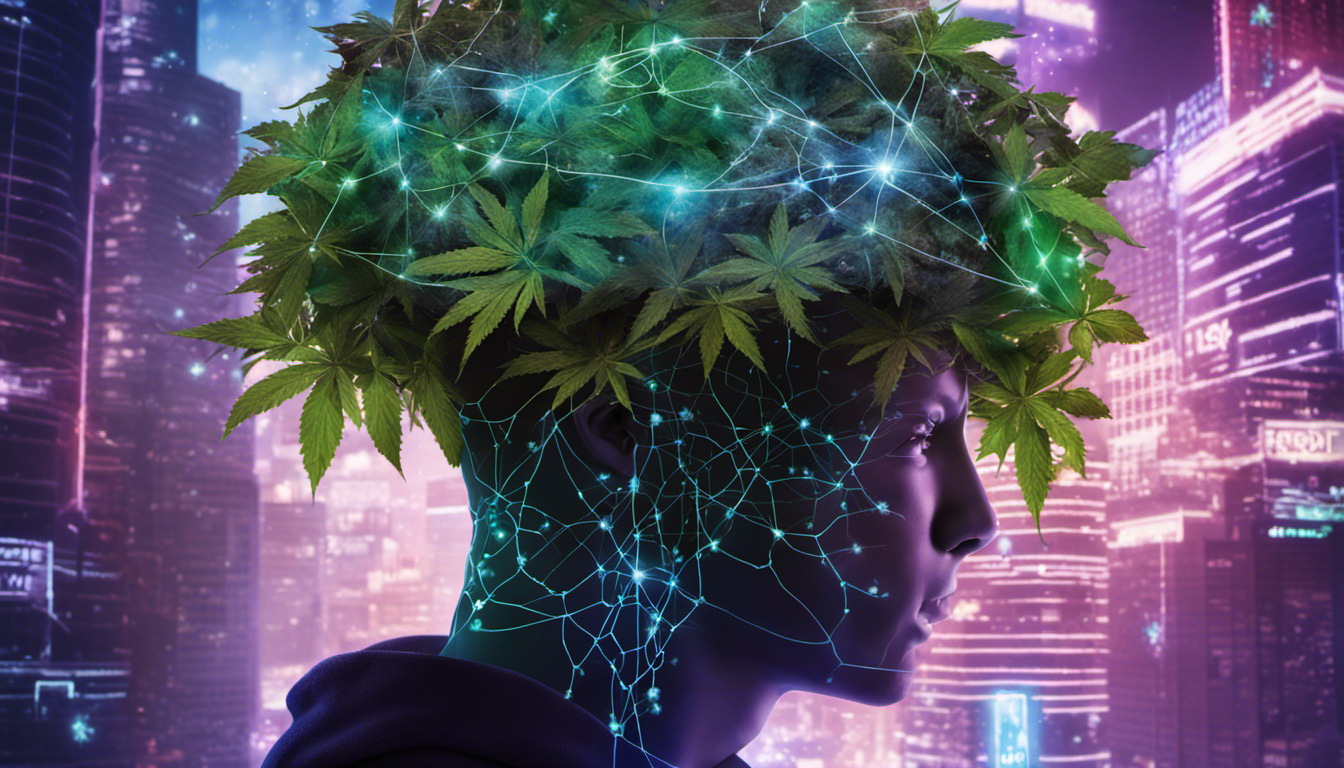The Teen Brain: Especially Susceptible to the Harms of THC
The amount of THC in cannabis plants has increased significantly over the past 30 years, and concentrated cannabis products can have a potency as high as 95%. This raises concerns about the impact of THC on the developing brains of teenagers. While many teens and parents may view cannabis as a relatively harmless substance, the reality is that it can have long-lasting and potentially harmful effects on the brain.
The adolescent brain is still developing, and THC can interfere with this process. THC binds to receptors in the brain, which can alter the structure and function of brain regions involved in learning, memory, and emotional regulation. Studies have shown that exposure to THC in adolescence can lead to long-lasting problems with memory and learning, as well as an increased risk of addiction and psychosis.
Concentrated cannabis products, such as wax, budder, and shatter, are particularly concerning because of their high potency. These products can be extremely potent, with THC levels as high as 95%, and can be easily misused by teenagers.
The risks of THC use are not limited to addiction and psychosis. THC use has also been linked to depression, anxiety, and suicidal ideation. In fact, a study found that adolescents who used cannabis regularly were twice as likely to develop depression or have suicidal ideation as those who did not use cannabis.
The impact of THC on the brain is not limited to the individual user. The widespread availability of cannabis and the normalization of its use can also have a broader impact on society. For example, a study found that states that legalized cannabis for recreational use saw an increase in cannabis use among teenagers.
Parents and caregivers play a critical role in preventing the misuse of THC by teenagers. It is essential to educate teenagers about the risks of THC use and to set clear boundaries and expectations around its use. Additionally, parents and caregivers should be aware of the signs of THC use and seek help if they suspect that a teenager is using the substance.
In conclusion, the teen brain is especially susceptible to the harms of THC. The increased potency of cannabis products and the normalization of their use can have long-lasting and potentially harmful effects on the brain. Parents and caregivers must be aware of the risks of THC use and take steps to prevent its misuse by teenagers.












